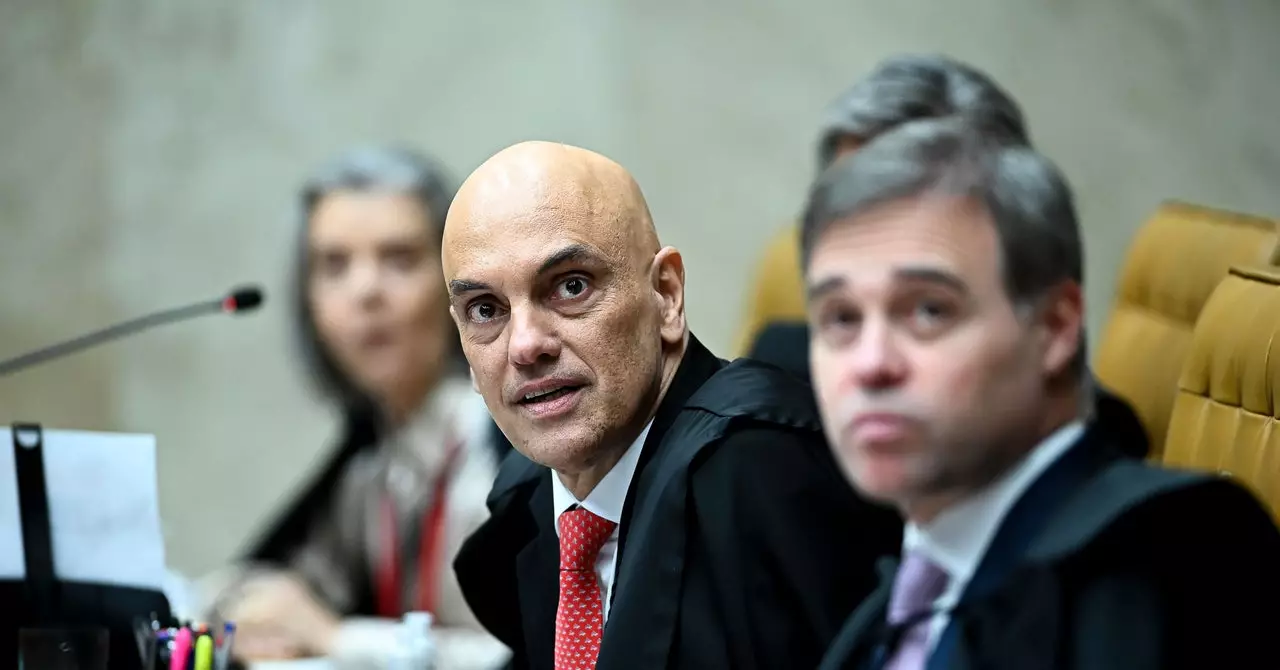In a power struggle that has captured the attention of the world, Brazil’s Supreme Court is on the brink of blocking access to X, a popular online platform, in the country of over 200 million people. At the center of this conflict is a heated dispute between Supreme Court Judge Alexandre de Moraes and X’s owner, Elon Musk, over the platform’s moderation policies. The feud has been escalating for months, with Musk openly defying court orders and accusations of spreading fake news and hate speech.
One key factor complicating the situation is X’s lack of a legal representative in Brazil, as required by law. The platform shut down its offices in the country earlier this year after alleged threats from Moraes, leaving it without a crucial intermediary between the government and the corporation. Despite a deadline imposed by the Supreme Court for X to appoint a new representative, the platform has yet to comply, leading to fears of an impending shutdown.
As tensions continue to rise, both Musk and X have launched scathing attacks on Moraes and the Brazilian legal system. X’s global affairs account accused Moraes of abusing his power to silence political opponents, including a senator and a teenage girl. Musk, in a tweet quoting X’s statement, went a step further, condemning Moraes as an “evil dictator cosplaying as a judge.” The rhetoric on both sides underscores the high stakes of this battle.
While X remains accessible in Brazil for now, the threat of a shutdown looms large. Moraes has already taken action against Starlink, Musk’s satellite internet firm, freezing its bank accounts in a move that Starlink denounced as unfounded. With both X and Starlink facing legal challenges in Brazil, the standoff between Musk and the Supreme Court shows no signs of abating. The repercussions of a potential ban on X would reverberate not just in Brazil but also signal a broader crackdown on tech giants worldwide.
The conflict between Brazil’s top court and X is part of a larger trend of governments seeking to rein in powerful digital platforms and their billionaire owners. Just this week, Telegram CEO Pavel Durov was arrested in France on charges of complicity in serious crimes linked to the app’s content. These actions reflect growing concerns over the unchecked influence of tech companies and the need for stricter regulations to hold them accountable for harmful content.
The showdown between Brazil’s Supreme Court and X, driven by the clash between Elon Musk and Judge Alexandre de Moraes, epitomizes the struggle for control over online discourse and the power dynamics between governments and tech giants. As the battle intensifies, the world watches closely to see what the outcome will mean for freedom of speech, corporate responsibility, and the future of online platforms.

